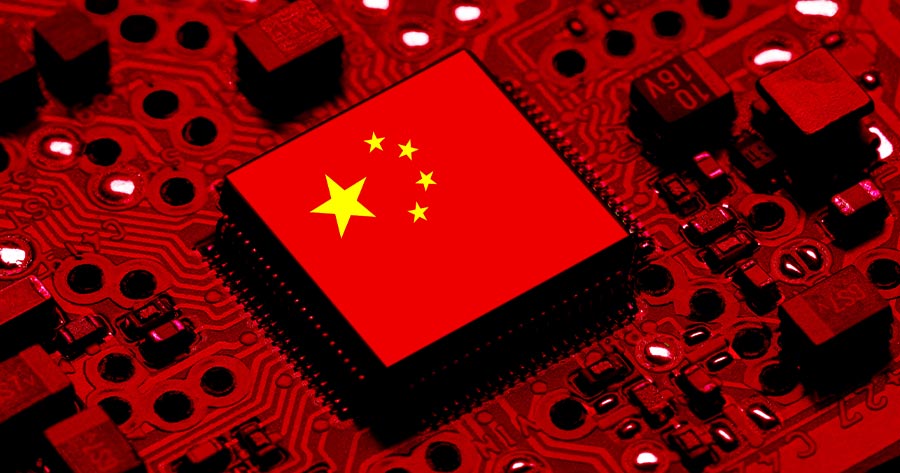Despite the new export controls imposed by the US, Chinese chip companies have pledged to accelerate efforts to localize supply chains and highlighted their equipment stockpiles, which they believe will enable them to continue production.
Currently, the US is restricting the export of chipmaking equipment, software, and high-bandwidth memory to 140 companies that rely heavily on foreign equipment, marking the third crackdown on the Chinese sector in three years. Martijn Rasser, managing director at Datenna, stated that the U.S. is now targeting the “weakest spot” in the Chinese semiconductor industry.
Jefferies analysts forecast that capital expenditure in the Chinese chip industry will drop by $10 billion, or about 30%, to $35 billion next year.
Despite this, Empyrean, a maker of electronic design automation (EDA) tools, also recognized as Beijing Huada Jiutian Technology, stated that the restrictions would have little impact on its operations.
The company now plans to accelerate the localization of its full-process EDA tools, similar to other companies focusing on fully localizing their supply chains. Meanwhile, Jiangsu Nata Opto-Electronic Material reported using the stockpiles tactic, having sufficient supplies to continue chip production while seeking domestic substitutions.
Many Chinese chip firms have also been stockpiling equipment since last year, causing the opposite effect from what the US intended. China’s imports of semiconductor equipment for the first nine months have increased to $24.12 billion, according to China Customs.
Jeff Koch, an analyst at SemiAnalysis, noted that China is now maintaining industry progress without disruption.
Among the Chinese chip companies the US sought to restrict, ChangXin Memory Technologies (CXMT), a key Chinese AI chip maker, was removed from the US restriction list, catching some by surprise. This development has temporarily eased concerns in South Korea’s chip industry, as the impact on their revenue bound for China is expected to be minimal for the time being, resulting in a surge in shares of South Korean chip equipment suppliers.





